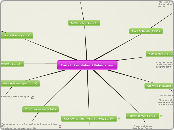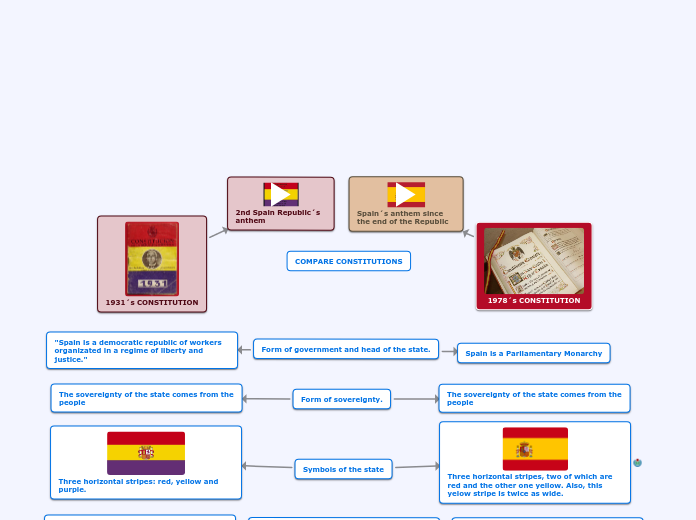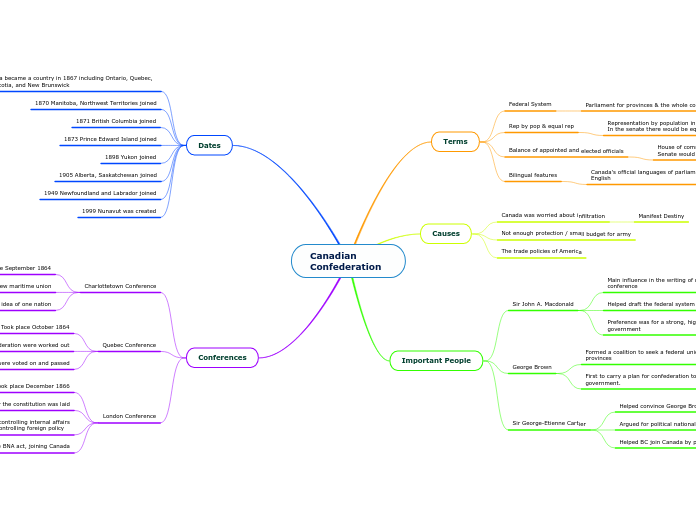Napolean Boneparte
Louis XVIII
-He was back on throne (July 8, 1815)
-He was the brother of Louis XVI
-Louis had no children; therefore, upon his death, the crown passed to his brother (Charles)
-Louis XVIII was the last French monarch to die while reigning.
-He was back on throne (July 8, 1815)
-He was the brother of Louis XVI
-Louis had no children; therefore, upon his death, the crown passed to his brother (Charles)
-Louis XVIII was the last French monarch to die while reigning.
The Empire Collapses (1815)
NAPOLEON'S EMPIRE COLLAPSED FOR A NUMBER OF REASONS
-By invading Russia
-His mental state had begun to deteriorate he was unable to make sound judgements
-Napoleon arrived in Paris on 20 marchand governed for a period now called (Hundred Days)
-He died in 1821 and has been sent to the island in St. Helena
NAPOLEON'S EMPIRE COLLAPSED FOR A NUMBER OF REASONS
-By invading Russia
-His mental state had begun to deteriorate he was unable to make sound judgements
-Napoleon arrived in Paris on 20 marchand governed for a period now called (Hundred Days)
-He died in 1821 and has been sent to the island in St. Helena
Napoleon creates an Empire (1807-1812)
-He wants to expand France's empire in Europe
-Napoleon unpredictable strategies crushed opposition.
-Lost the battle of British, Battle of Trafalgar (Horatio Lord Nelson)
-He wants to expand France's empire in Europe
-Napoleon unpredictable strategies crushed opposition.
-Lost the battle of British, Battle of Trafalgar (Horatio Lord Nelson)
Napoleon became the Emperor (1804)
-He made fair taxes
-Napoleon stopped the corruption
-Napoleonic Code
-He wants to control Europe
-He made fair taxes
-Napoleon stopped the corruption
-Napoleonic Code
-He wants to control Europe
Uprising of the Government (1799)
-Rise of Napoleon
-Seen as a National Hero with victories in Europe
-Coup d' etat in 1799 over directory
-Plebiscite for a new Constitution
-Napoleon had all real powers
-Rise of Napoleon
-Seen as a National Hero with victories in Europe
-Coup d' etat in 1799 over directory
-Plebiscite for a new Constitution
-Napoleon had all real powers
French Revolution/Nationalism
Marie's Death (1793)
-Marie Antoinette was guillotined on October 16th,1793
-She as well as her husband Louis was also convicted with treason
-Marie Antoinette was guillotined on October 16th,1793
-She as well as her husband Louis was also convicted with treason
Louis' Death (1793)
-Louis was guillotined on January 21st,1793
-He was sentenced to his death by treason.
-Louis was guillotined on January 21st,1793
-He was sentenced to his death by treason.
The Royal Trial (1792)
-The royal couple were put on trial for treason
-Convictions were a fore gone conclusion
-The royal couple were put on trial for treason
-Convictions were a fore gone conclusion
The Monarchy Abolished (1792)
-The Monarchy was finally abolished in September, 1794
-As long as the royal family lived, the monarchy could be restored
-The Monarchy was finally abolished in September, 1794
-As long as the royal family lived, the monarchy could be restored
Forming the Coalition (aprx. 1792)
-Austria, England, Holland, Prussia, Sardinia and Spain formed this coalition.
The Convention (1792)
-The convention met for the first time on September 22nd, 1792
-Established the First French Republic
-The convention met for the first time on September 22nd, 1792
-Established the First French Republic
Civil Constitution Of the Clergy (1789)
-End of Special Privileges
*church lands were seized, divided, and sold to the peasants.
-Church officials be elcted by the people, with salaries paid by the government.
- All special priviledges of the First and Second Estates were abolishments
-End of Special Privileges
*church lands were seized, divided, and sold to the peasants.
-Church officials be elcted by the people, with salaries paid by the government.
- All special priviledges of the First and Second Estates were abolishments
Rights of Man (1791)
- Freedom of Religion
-Freedom of Speech
-Freedom of the Press
-Guaranteed property rights
-"Liberty Equality Fraternity"
-Right of the people to create laws
-Right to a fair trial
- Freedom of Religion
-Freedom of Speech
-Freedom of the Press
-Guaranteed property rights
-"Liberty Equality Fraternity"
-Right of the people to create laws
-Right to a fair trial
Nobles fled the Country (1789)
-They became known as "emigres"
-When they fled to other countries they try to convince them to fight to get the monarchy back.
-They became known as "emigres"
-When they fled to other countries they try to convince them to fight to get the monarchy back.
Stormed in Bastille (1789)
-Louis XVI did not want a written constitution
-When news of his plan to use military force against the National Assembly reached on Paris on July 14, 1789 people stormed the Bastille.
-Louis XVI did not want a written constitution
-When news of his plan to use military force against the National Assembly reached on Paris on July 14, 1789 people stormed the Bastille.









